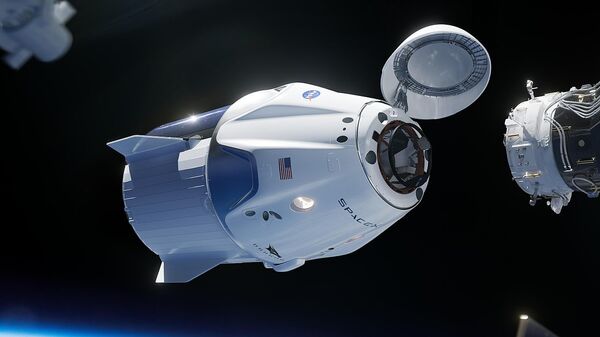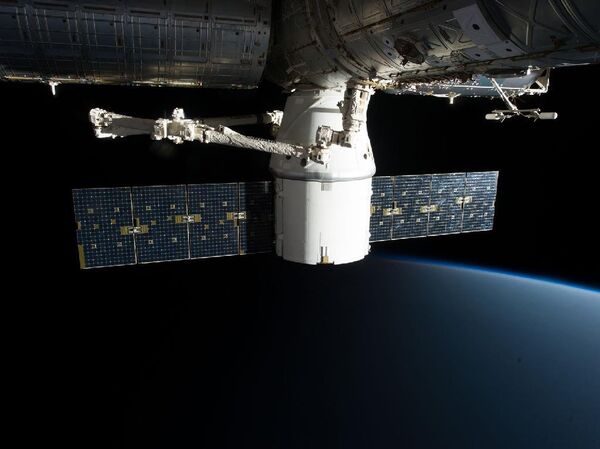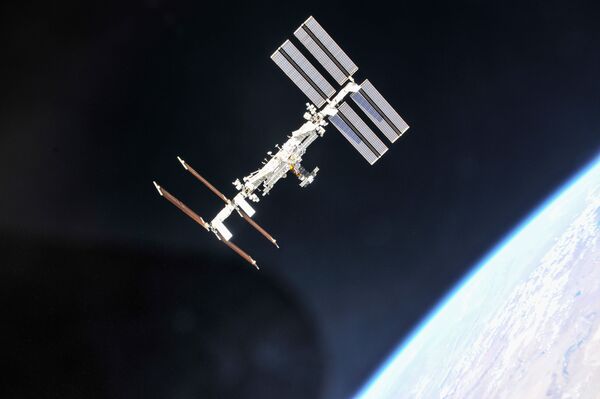In a tweet on 9 October, SpaceX CEO Elon Musk said the Crew Dragon spacecraft may be ready to carry its first human passengers to space before the end of the year.
According to Musk, both the Crew Dragon capsule and the Falcon 9 rocket designed to propel it into space are on track to complete testing in the next 10 weeks.
For what it’s worth, the SpaceX schedule, which I’ve just reviewed in depth, shows Falcon & Dragon at the Cape & all testing done in ~10 weeks
— Elon Musk (@elonmusk) October 8, 2019
The last critical milestone on Crew Dragon's path to a crewed flight is the launch trial, in which its In-Flight Abort functions are tested.
During this test, the craft is launched into high-altitude and is tasked with aborting the capsule during high-velocity.
During the IFA, a Crew Dragon will launch atop a SpaceX Falcon 9 rocket from NASA's Kennedy Space Center in Florida. Shortly after liftoff, the capsule will fire up its SuperDraco escape thrusters, blasting Crew Dragon at a distance from the rocket.
The thrusters will play a critical role in future manned launches; they're designed to safely steer the capsule away from the rocket in case of an emergency.
The capsule measures about 20 feet (6 metres) tall by 12 feet (3.7 metres) in diameter, and will carry up to 7 astronauts at a time; it is designed to eventually shuttle both astronauts and commercial passengers into space.
Both the spacecraft and booster for the test are already at SpaceX's facilities in Cape Canaveral, said Musk earlier.
"All hardware is at the Cape. Need to do static fire and reconfigure for flight. Launch probably late Nov / early Dec," he tweeted on 8 October.
All hardware is at the Cape. Need to do static fire and reconfigure for flight. Launch probably late Nov / early Dec.
— Elon Musk (@elonmusk) October 8, 2019
SpaceX has a $2.6 billion NASA contract to ferry American astronauts to and from the International Space Station using the capsule and the Falcon 9.
The Crew Dragon capsule that visited the ISS before, on a historic uncrewed mission this past March known as Demo-1, was also set to perform the IFA trial, but the vehicle was destroyed in April during a ground test of the abort system, pushing SpaceX's timelines back.
Elon Musk, who founded Tesla and SpaceX, is known for setting aggressive timelines his companies struggle to meet, as Musk admitted back in 2018 he had an “issue with time", his unrealistic expectations the result of optimism, adding:
"This is something I’m trying to get better at."




